Narco Cultura: The Harmful Idolization and Romanticization of the Mexican Drug World
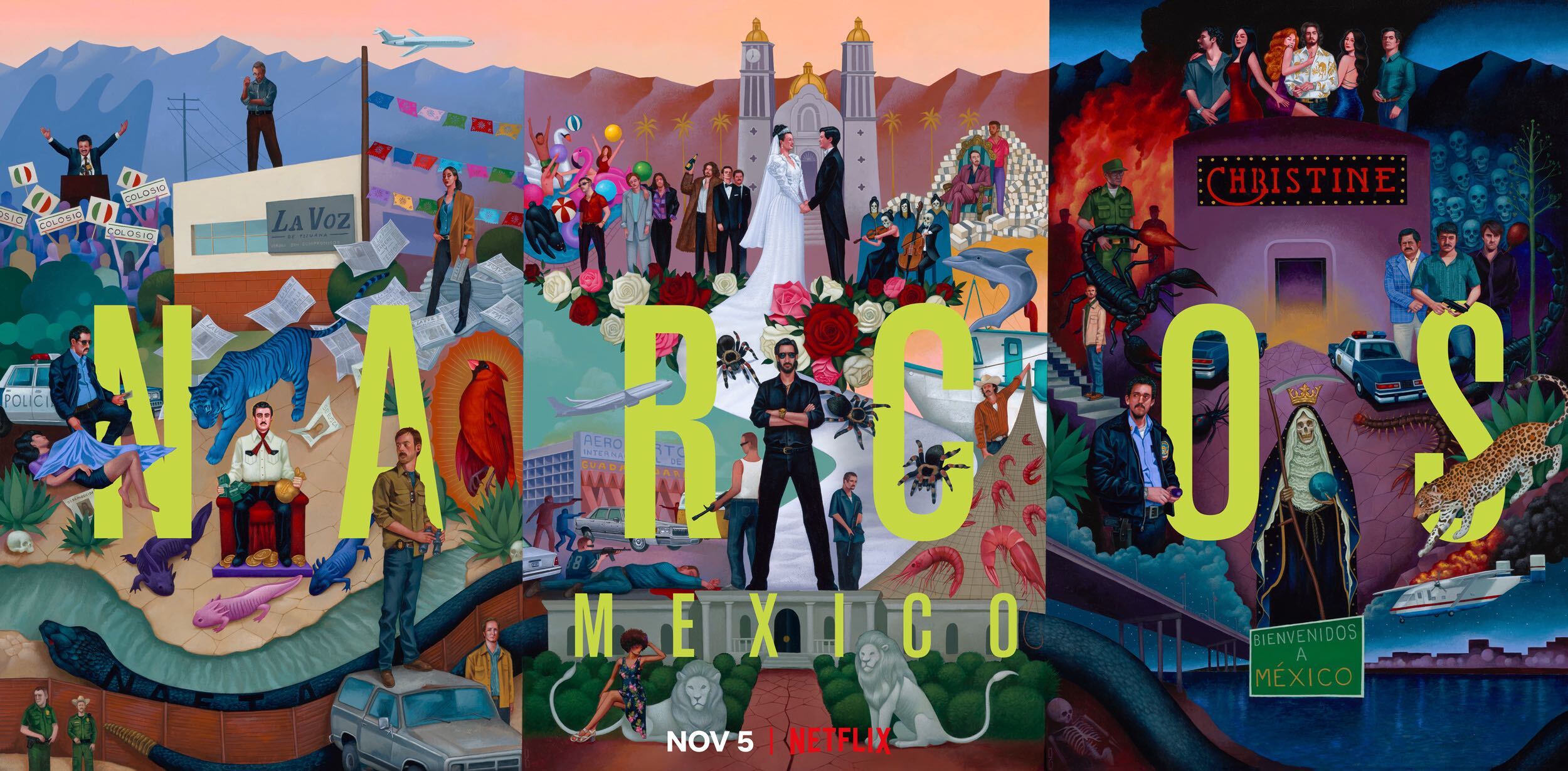
Photo Credit: Gustavo Rimada
Just hours after the second capture of Ovidio Guzman, son of Mexican drug lord Joaquin “El Chapo” Guzman, social media platforms were booming with mixed reactions from all over the world. Most notable were the alarming responses of Mexicans and Mexican-Americans, many of which showed their support for Guzman. “Let him go” read dozens of English and Spanish comments on Tiktok demanding the immediate release of the heir to the Sinaloa Cartel. Across various platforms, similar comments flooded posts informing the public of his recent capture. However, despite the magnitude of these statements, these reactions are unsurprising given the strong influence that Mexican and American media has on glamorizing and romanticizing the lifestyle of drug lords or narcos.
In recent decades, narco culture has rapidly become an influential sub-culture of the drug-trafficking world. It is not only portrayed on Spanish-language television and radio in the U.S. and Mexico, but this sub-culture also influences modern-day fashion and lifestyle trends for many Mexicans including those living in the U.S. The showcasing of their glamorous lifestyles has allowed not only drug lords, but any individuals directly involved in this life, particularly the wives of drug lords, to also be perceived and idolized as celebrities. Flaunting their lavish lifestyles and extreme wealth only solidifies their status, and the public, especially their younger audience, looks to these displays of power as aspirations for their future goals. Enticed by lifestyles of luxury, money, and power offered by the drug trafficking business, young people living in impoverished communities in Mexico are more likely to be recruited into the business in search of upward socioeconomic mobility.
The romanticization of narcos in popular culture is amplified through music and media catered to the Latinx community in the US. This romanticization is further accentuated by the problematic casting of young, attractive, and charismatic actors who charm their way into the audience’s hearts with their glamorous lifestyles and passionate romances. The telenovela series, El Señor de Los Cielos, for instance, which has been airing for ten years and is based on the life of Mexican drug trafficker Amado Carrillo Fuentes, has portrayed the main character in multiple fiery love tropes over the seasons. This has kept viewers hooked not only on the action-filled lifestyle of a high-profile drug trafficker but also on his drama-filled love life. Similarly, narco corridos, songs in the regional Mexican genre of music dedicated to drug lords and cartels, allow the general public to empathize with and idolize drug lords. The stories of these drug lords are revealed in the lyrics of narco corridos, which commonly tell the story of a boy or young man that grew up in poverty and was able to climb up the inequitable socioeconomic ladder until reaching success within the drug business. “El niño de la tuna” written by Mexican singer Roberto Tapía tells the origin story of El Chapo, who sold oranges as a child in order to make enough money to have a daily meal, but whose determination allowed him to ascend as leader of the “strongest cartel to exist.” Through storytelling lyrics such as these, the public may think of narcos’ rise to money and power as noble and respectable, often forgetting about the not-so-hidden dark realities of the narco world.
Through displays of the media that characterize narcos as powerful, charismatic, and sometimes even emotionally vulnerable individuals, the public is lured into empathizing with them, forgetting they are often villains in the real world. Narco culture has distorted the realities of drug trafficking as others wish for the narco lifestyle acquired through violence and bloodshed, oftentimes at the expense of the innocent and vulnerable. Blinded by the extravagant displays of wealth and power of those that “started from nothing,” many idolize drug lords and cartels, ignoring the vast amount of crime, violence, and other harmful tactics that allowed for their accession to power over their territories and even even governments.



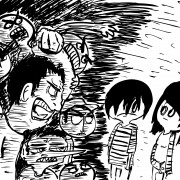
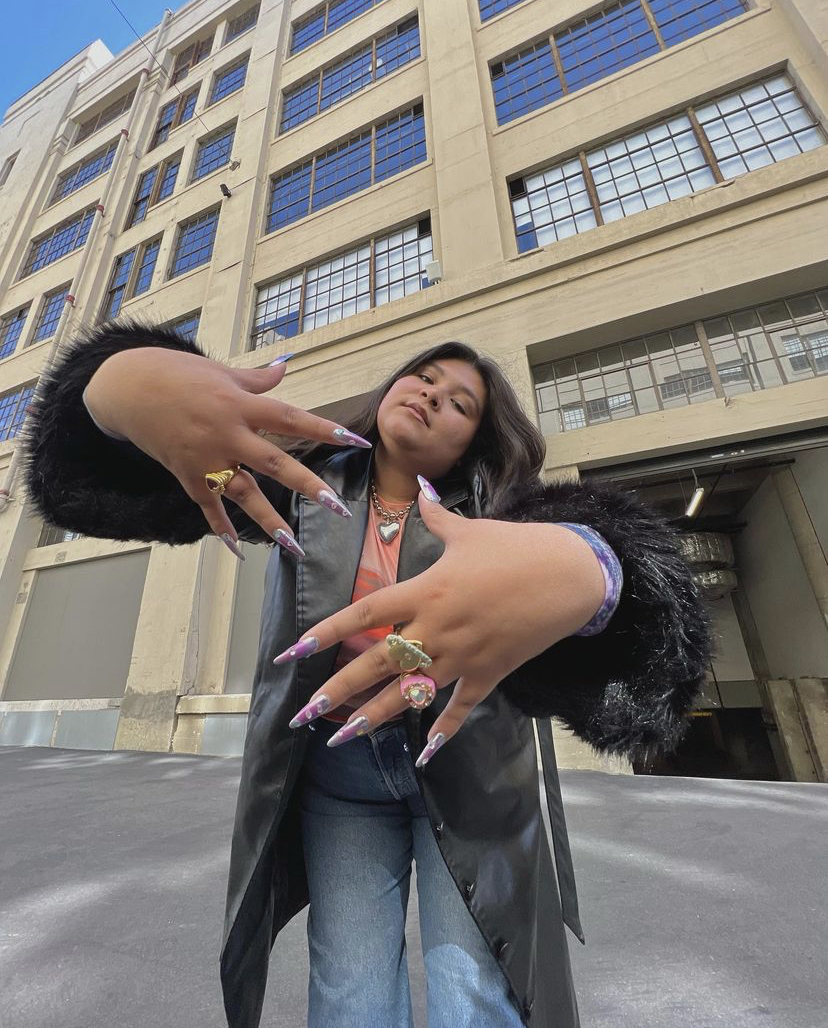

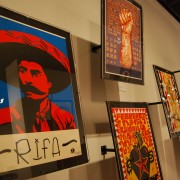
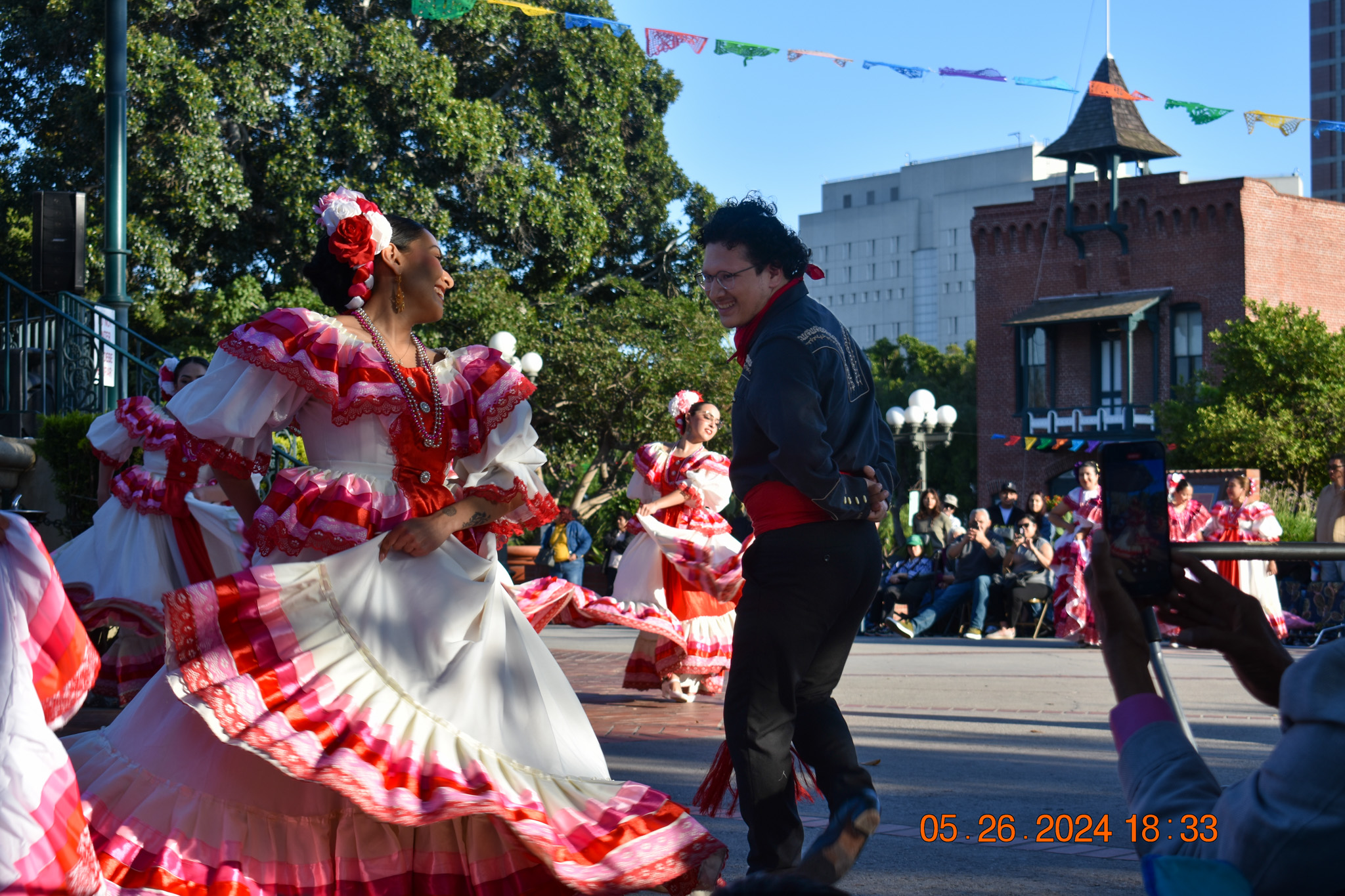
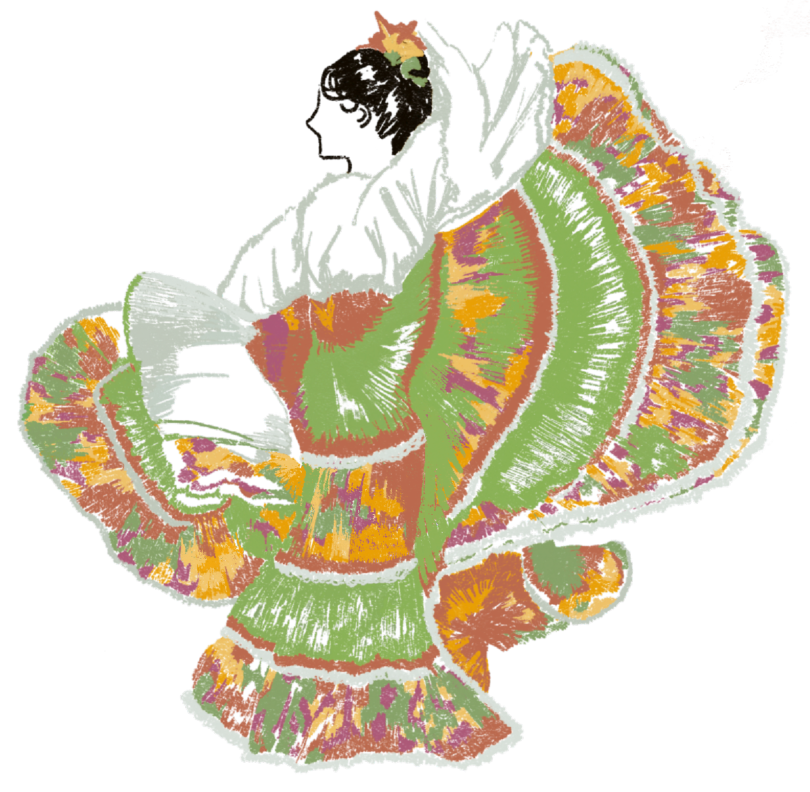
Leave a Reply
Want to join the discussion?Feel free to contribute!